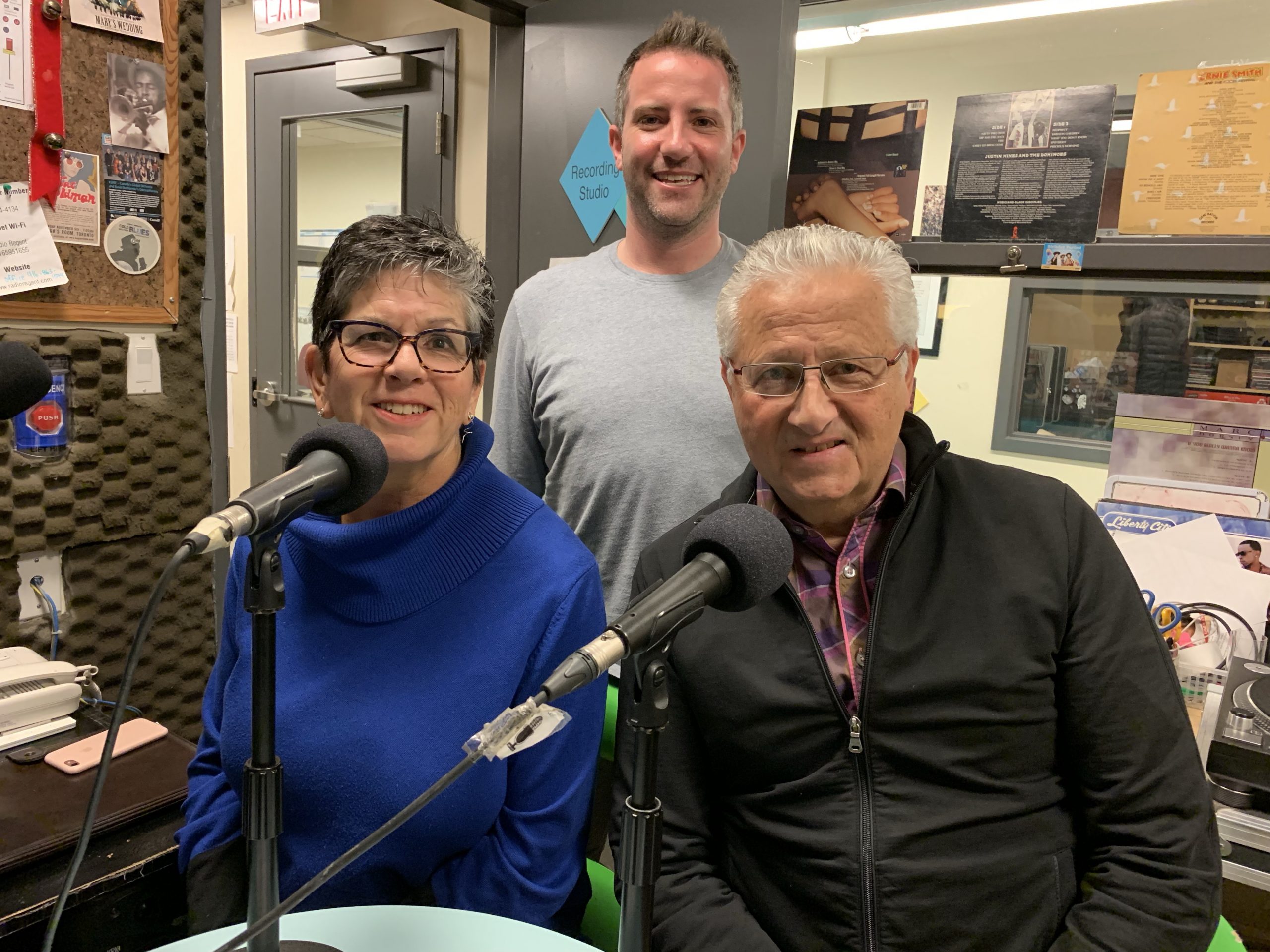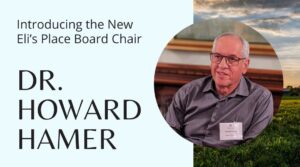Eli’s Place founders Deborah and David Cooper were invited recently to sit down with Michael Stroh for a conversation on State of Mind Podcast. Today, World Bipolar Day, we’re sharing the highlights of this podcast with you, followed by the full interview, as a reminder of why we do the work we do, working to launch Canada’s first rural residential recovery based centre for young adults (18-35) with serious mental illness.
Remembering Eli
Eli Nathan Cooper, after whom Eli’s Place was named, began to struggle and was diagnosed with Bipolar Disorder (BD) in his late teens. Joyful, witty and talented, Eli continued to struggle to pursue his dreams with the help of psychiatric care and medication. However, his progressive illness interfered with accomplishing his goals, fulfilling relationships and so many other normal developmental tasks that lead to healthy adulthood.
He couldn’t fight the battle any longer and took his life thirteen months after his first suicide attempt, just before his 31st birthday. An instant in time that has changed the course of our lives forever, and led us to create the vision we call Eli’s Place.
“That changed our lives forever and sent us on a new journey. And it’s a story of such profound loss, but we at this point really see it as a story of recovery and of hope and this is what we want to transmit because through all the loss and the grief…we have found a way to memorialize Eli by trying to do something to make things better for others.” – Deborah Cooper
Up to 60% of young adults with BD will attempt suicide at least once in their lives and up to 19% will complete suicide, often more than a year following their first attempt. We have identified that there are currently no long-term recovery-based programs in Canada to deal with young adults with serious mental illness. Yet, there are outstanding models of recovery throughout the world that produce positive outcome studies and measurable successes.
This is why we’re working to launch Canada’s first rural residential long-term recovery centre for emerging adults with serious mental illness.
What Will Treatment at Eli’s Place Look Like?
Projected to open in 2021, residents will live within community in a therapeutic support network, while gaining important life skills by working on the organic farm, participating in music and art therapy, in addition to the regular modalities of mental health care.
The average stay at Eli’s Place will be 6-9 months (further into a year if needed) and the transitional period will be 1-2 years, all the while on an organic farm where residents will be learning life and work skills while receiving treatment.
“This is one way to give hope to others where no hope was deemed possible before and also to save lives – the farm will house 40 residents and there will be two beds for respite care. We’ll have the regular modalities and in addition to that, we’ll have music and art therapy; and we’ll have an organic farm.” – David Cooper
Why the Recovery Model?
“When Eli was ill and he was in the hospital he heard about WOOFing – which is Worldwide Opportunities on Organic Farms – and although it wasn’t appropriate for him because there was no therapy involved, he did try it. He verbalized to us all the advantages of living out in nature – he would be well fed and active in his own care, he would live in community and he would have exercise and just being in nature, the benefit of that we know is so important. So we just went on this quest and found these treatment centres that actually not only offer all the advantages of being outdoors, but offer therapy as well. So there will be psychiatric involvement, there will be CBT and DBT perhaps – the modalities that are so necessary – plus the arts, yoga, physical exercise, mindfulness, and music therapy.” – Deborah
“We’re not reinventing the wheel here. We searched and we found 33 other farms around the world that are similar to Eli’s Place. Out of those 33 farms we visited, we’re modeling after one of them – it’s called Gould Farm in Monterey Massachusetts, established 106 years ago and their outcome studies are exemplary.” – David
“We were a little surprised that there was nothing like this in Canada. There are 33 of them in the US, they’re all over the world, in the UK and Australia. It’s based on something called the Recovery Model – and this is the key … Bipolar Disorder and other mood disorders don’t go away. The Recovery Model is about learning to live with an illness, learning to have the highest quality of life you can have and how to manage it. How to compensate, how to work with the symptoms, how to recognize when you need help.” – Deborah




